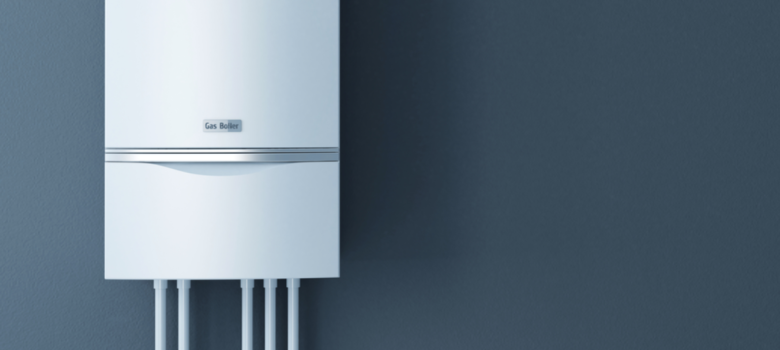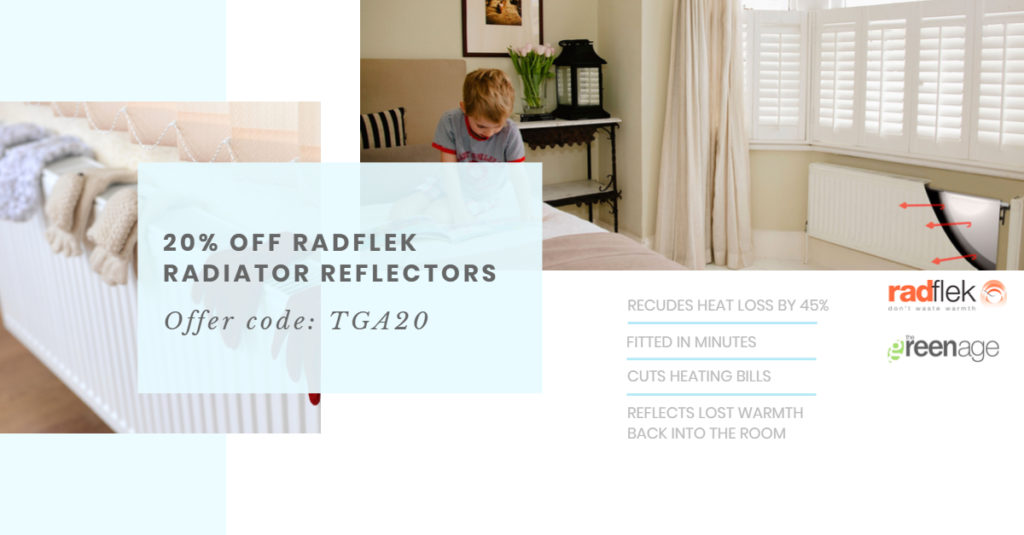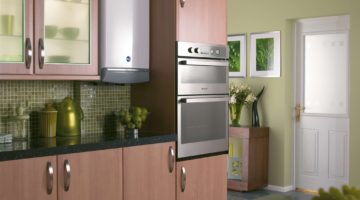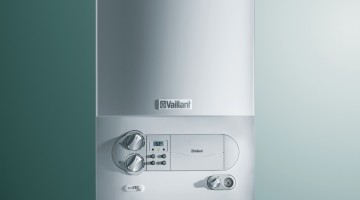

There are no stupid questions, only questions that you might feel silly asking. This is one that I get from my family members and friends, who are a little red-faced at not knowing what system they’re working with. They shouldn’t be! First time homeowners, long term renters, and the elderly are particularly susceptible to What Kind of Boiler Do I Have-itis. Luckily, we’ve got the cure.
Combi Boiler
- Identifying features: Copper pipes coming out of the bottom of your boiler – usually five of them. You’ll also have no external pump or large clunky hot water cylinder.
- Most often found in: The most popular kind of boiler in the UK, a combination boiler (people only shorten it to combi to sound cool. Including us.) is generally the boiler of choice for flats or small houses with only one bathroom. This is because running hot water from two outputs at once is pretty much not going to happen with a combi – if you start doing the washing up while one of the kids is taking a shower then expect an earful.
- Benefits: You can get instant and unlimited hot water and heat exactly when you need it. Plus, no big bulky tanks in your attic, in fact no big bulkiness anywhere!
- Drawbacks: As we mentioned, two hot water outputs at once is never going to go particularly well with a combi; the water pressure suffers and the whole thing is a bit of a bust.
System Boiler
- Identifying features: The easiest way to tell is to check for copper pipes at the bottom of the boiler – a system boiler should have three all as opposed to the combi boilers five. Again, there’s no external pump for a system boiler and no external expansion storage, it’s all kept inside the boiler itself. You will, however, have a smallish hot water cylinder. System boilers are sometimes known as sealed systems.
- Most often found in: Bigger homes and large properties that require hot water from multiple outlets at once.
- Benefits: There’s no big huge tank in your loft, just the water cylinder which is usually tucked away in the airing cupboard. System boilers also allow you to use hot water from several outputs at once.
- Drawbacks: Unlike a combi, a system boiler won’t give you instant hot water, and what it does hold is limited by the size of the cylinder. When this runs out you could be left cold.
Conventional Boiler
- Identifying features: Count your copper pipes, people! A conventional boiler should have two coming out of the top and one coming out of the bottom. An even bigger giveaway though is that you’ll have a hot water cylinder and a cold water storage tank, which will be located in the loft. An external pump is a must-have for any conventional boilers.
If you’re still confused then it might be because, like all the old greats, the conventional boiler has a lot of nom de plumes – you may have heard them called regular boilers, a traditional boilers, or open vent boilers. - Most often found in: Same as system boilers, you’ll find conventional boilers in large properties that require hot water from multiple outlets at once.
- Benefits: Hot water ahoy! With a conventional boiler system there’s no problem with using the hot water from several points at once.
- Drawbacks: Big bulky tanks in the attic. Also, if all the hot water from the tank is used then it’s necessary to wait for more to reheat, which for many people is a big annoyance.
Other Boilers
- Back Boiler: A type of conventional boiler but with a gas space heater fire at the back, the back boiler is a heat-only system, often with with built-in storage. They can be used with external hot water cylinder storage, but this is rare and only really occurs in properties with a higher demand for hot water than the boiler can facilitate.
- Combined Heat and Power (CHP) Boiler: Acts as micro power plants by providing your hot water like the above, but also generating electricity to use around the home.
- Instantaneous Hot Water: The hot water tap system that you might have seen in an old bathroom, the kind you find at the back of a dodgy kebab shop or church rectory. They work the same way as electric showers, heating the water at the point of use. They’ve fallen out of widespread use here in the UK but you still see them around.
- Megaflo: Not a boiler but sometimes mistaken for one. Megaflo is a brand of advanced hot water cylinder storage.
- Oil/LPG Boiler: Whether you opt for a heating oil or LPG boiler, they work in a very similar way to a typical gas boiler. The main difference is that the fuel used is stored on site rather than coming off ‘the grid’. It is fairly reliable, but relatively expensive and notably bad for the environment.
- Electric Boiler: An electric boiler can be used in off-grid areas, or where a gas supply is either not wanted or not possible. Very little heat is lost in the process of heating the water, so electric boilers are almost 100% efficient, but the cost of heating water using electricity is significantly higher than gas.
Think we missed something? Do you have a different opinion?
Comment below to get your voice heard…













Very informative. I’ve just learned a lot. As to why I cannot get hot water in my tap in the bathroom if wifey is using kitchen tap. Or why my new shower won’t work correctly. All because of a COMBI BOILER. AWFUL THINGS. wish I never had it
whats the best kind of boiler to replace a baxi bermuda with?
I got the impression that Baxi wasn’t doing back boilers anymore. Have you look at ebay and gumtree for replacement parts?
Our boiler seems to have 4 copper pipes! Can’t tell if there’s a tank because we live in a flat, so can’t access the attic level. Husband thinks the boiler is losing efficiency and we should replace it
If a combi boiler is so limiting, why do so many people have them? Seems impossible these days to get a good old fashioned boiler, they all have to blooming condense!!
Why is it that they don’t tend to use condensing boilers in the USA? If they’re so much more effective, why do even small houses have water tanks? It it just the convenience factor?
it’s always the convenience with the americans
Does it actually matter though? Unless you’ve got a gigantic mansion, they’re going to give you a condensing boiler. Try talking a plumber out of a condenser, it’s like talking to a brick wall!
if i cannot have the gas connect to my house, what is best out of electric or oil boiler?
How expensive would it be to have multiple instant hot water points as opposed to a conventional hot water tank? I’m not sure exactly what kind of boiler the property has at the moment, but it’s going to be turned into dormitory style accommodation, so separate hot water points would be most convenient.